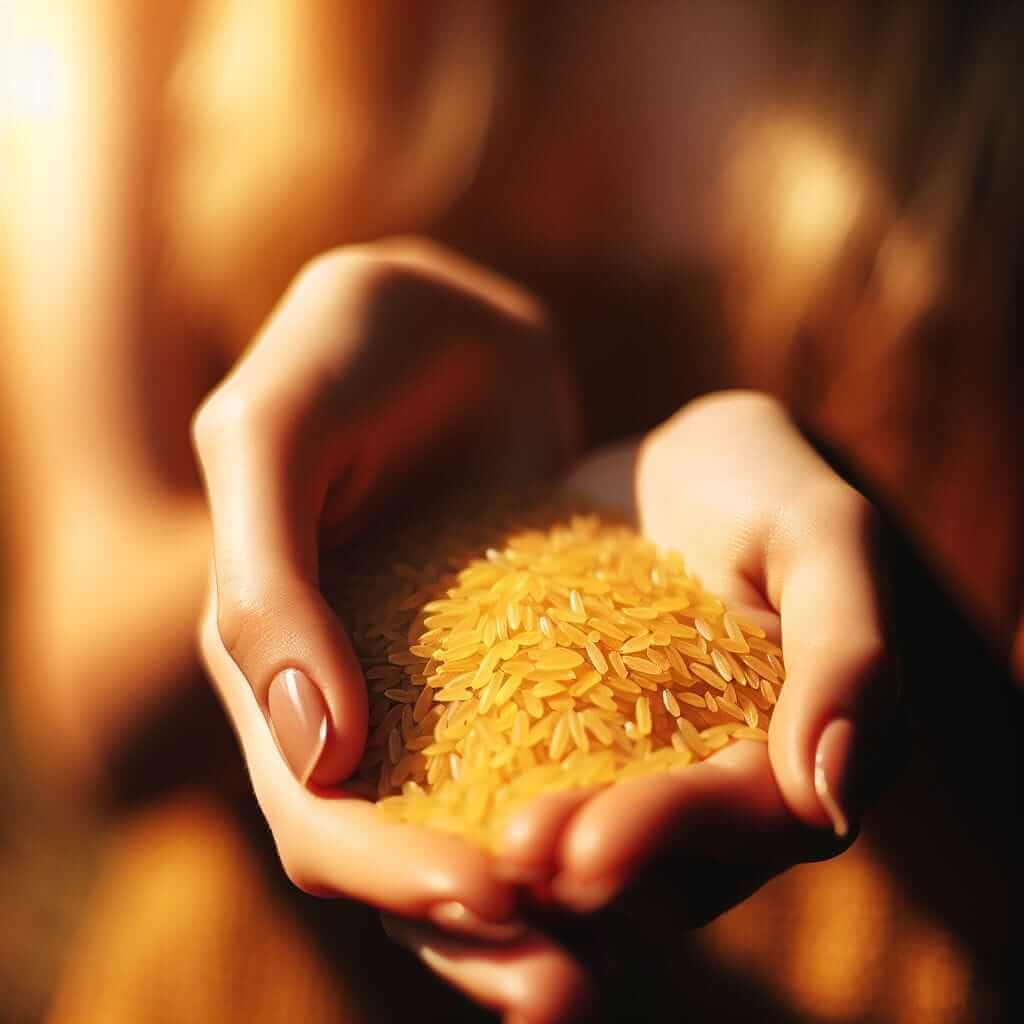The IELTS Reading test aims to evaluate a candidate’s reading comprehension skills. Among the various topics, ethical issues such as genetic modification in agriculture have become quite prominent. Given the advancements in biotechnology and its impacts on food production, it is likely that these topics will recurrently appear in the IELTS Reading section. This article explores the ethical implications of genetic modification in agriculture, providing a comprehensive sample reading passage along with model questions and answers. This resource is invaluable for those preparing for the IELTS Reading exam.
Main Content
Sample Reading Passage: Ethical Implications of Genetic Modification in Agriculture
Background
Genetic modification, or genetic engineering, involves altering the genetic makeup of organisms. In agriculture, this technology has been used to improve crop yields, resistance to pests, and adaptability to environmental conditions. However, it has also raised significant ethical concerns regarding health, environment, and socioeconomic impacts.
Sample Passage
Genetically modified (GM) crops have been a topic of intense debate. Proponents argue that GM crops can address food security concerns by increasing yields and providing essential nutrients. For instance, GM rice enriched with Vitamin A – known as Golden Rice – aims to combat malnutrition in developing countries. Nevertheless, critics raise ethical issues, questioning the long-term health impacts of consuming GM foods. Studies show conflicting results, with some asserting no significant health risks, while others suggest potential for allergens and unforeseen consequences.

Environmental implications also pose ethical dilemmas. GM crops are designed to be pest-resistant, reducing the need for chemical pesticides. However, there’s evidence suggesting that pests can develop resistance over time, necessitating even stronger chemicals. Furthermore, the cross-contamination of GM and non-GM crops can disrupt biodiversity. Ecosystems rely on varied species for stability, and the dominance of GM crops may lead to the extinction of native species.
From a socioeconomic perspective, the ethical concerns are multifaceted. Large biotechnology companies often hold patents on GM seeds, compelling farmers to purchase new seeds every planting season. This corporate control can marginalize small-scale farmers, leading to economic disparities. Additionally, ethical questions about consumer rights arise. Should people have the right to know whether their food is genetically modified? Some argue that labeling GM foods is crucial for informed consumer choices, while others contend that it could lead to unnecessary fear and rejection of safe food products.
Model Questions and Exercises
Multiple Choice Questions
-
What is a primary argument FOR the use of GM crops?
a. Decrease in biodiversity
b. Increased crop yields
c. Higher cost of seeds
d. Potential health risks -
What is Golden Rice primarily used to combat?
a. Allergens
b. Environmental pollution
c. Malnutrition
d. Pests -
What are the environmental concerns related to GM crops?
a. They eliminate the need for pesticides.
b. Pests may develop resistance to GM crops.
c. They have no impact on biodiversity.
d. They enhance the resilience of ecosystems.
Identifying Information: True/False/Not Given
- GM crops have been definitively proven to cause health problems.
- Cross-contamination between GM and non-GM crops affects biodiversity.
- All small-scale farmers are against the use of GM seeds.
Sentence Completion
- The economic impact of GM seeds on small-scale farmers includes __.
- One ethical question about GM foods is whether consumers __.
Answer Key and Detailed Explanations
- (b) Increased crop yields: The primary argument for GM crops is their potential to increase yields and thus address food security concerns.
- (c) Malnutrition: Golden Rice is specifically developed to combat vitamin A deficiency-related malnutrition.
- (b) Pests may develop resistance to GM crops: This is a key environmental concern as it necessitates stronger chemicals over time.
- False: There are conflicting studies, but no definitive proof of health problems.
- True: Cross-contamination can affect biodiversity.
- Not Given: The passage discusses economic impacts but does not provide a consensus view of all small-scale farmers.
- increased dependency on biotechnological companies: Small farmers may struggle with the cost of purchasing new patented seeds each season.
- should have the right to know about genetic modifications in their food: The passage questions if consumers should be informed about the GM status of their food products.
Common Pitfalls and How to Avoid Them
- Overlooking Keywords: Pay attention to critical terms and phrases in the questions and passage.
- Misinterpreting Data: Ensure you comprehend statistical or study results provided within the passage.
- Time Management: Practice timing yourself while reading and answering questions to improve efficiency.
Vocabulary: Key Terms from the Passage
- Genetic Engineering (noun): /dʒəˈnɛtɪk ˈɛnʤɪnɪərɪŋ/ – The direct manipulation of an organism’s genes.
- Malnutrition (noun): /ˌmælnuːˈtrɪʃ(ə)n/ – Poor nutrition due to insufficient or unbalanced diet.
- Biodiversity (noun): /ˌbaɪoʊdaɪˈvɜːrsɪti/ – The variety of life in a particular habitat or ecosystem.
- Patents (noun): /ˈpeɪtənts/ – Legal rights granted to an inventor, giving exclusive rights to use or sell an invention.
Grammar Focus: Complex Sentences
- Structure: Main clause + Subordinate clause
- Example: Although GM crops can increase yields, they may also raise ethical concerns.
Tip: Practice identifying and writing complex sentences as they often appear in IELTS Reading texts.
Conclusion
Preparing for the IELTS Reading section involves understanding and analyzing a diverse array of topics. Ethical implications of genetic modification in agriculture is a highly relevant subject. By practicing with the provided sample passage, questions, and answers, you can enhance your reading comprehension skills and improve your chances of achieving a high score in the IELTS Reading test.